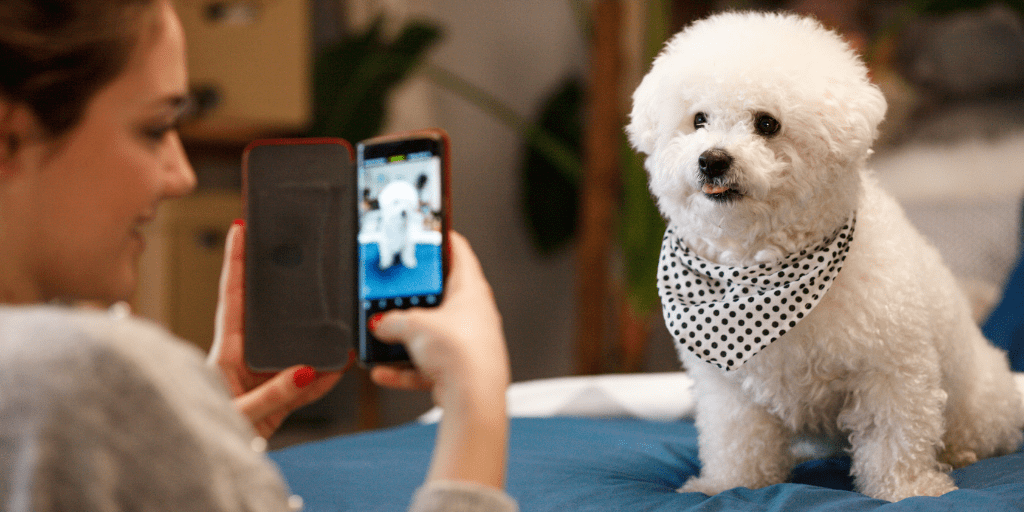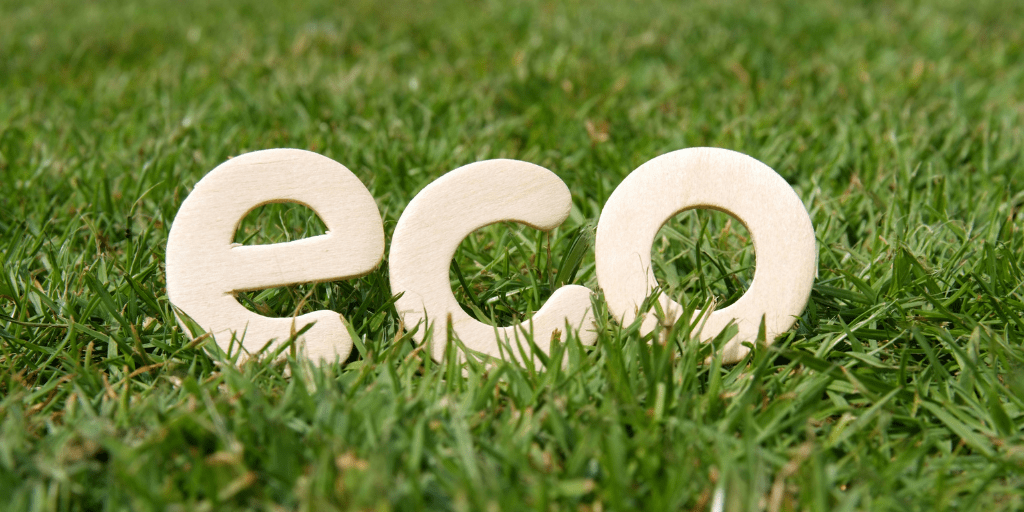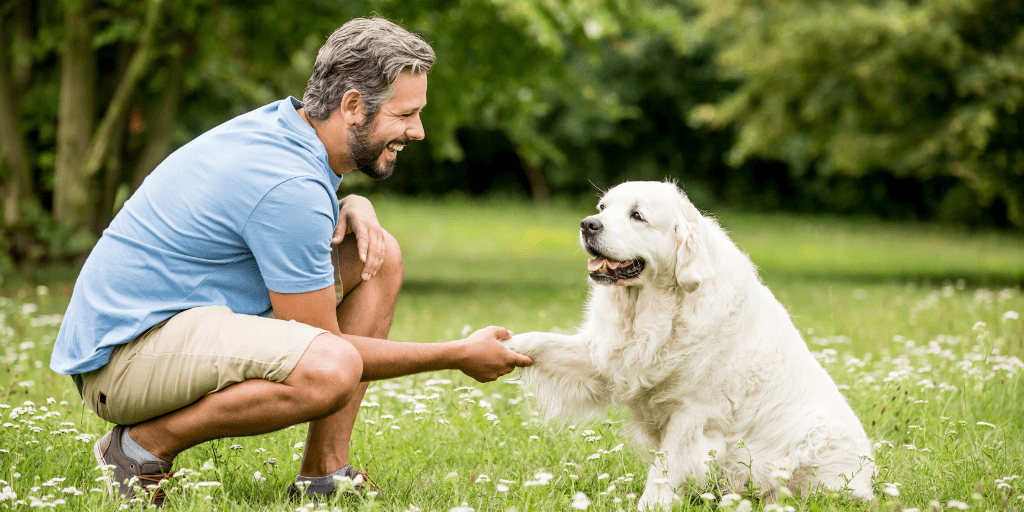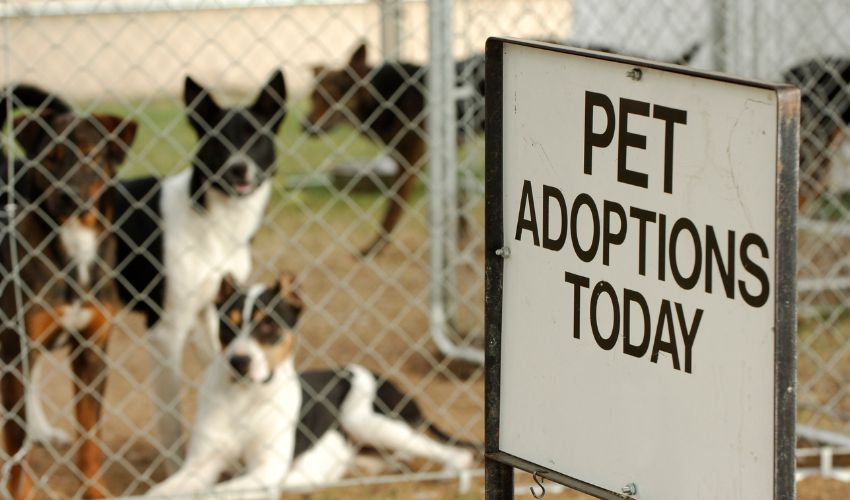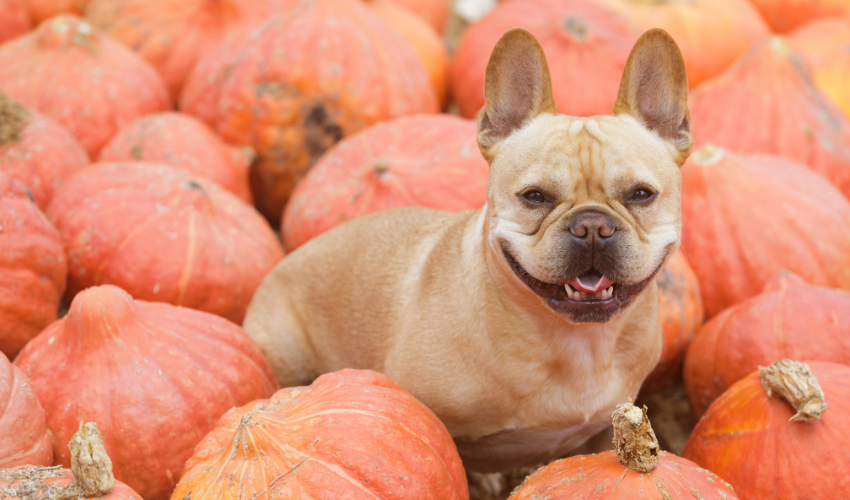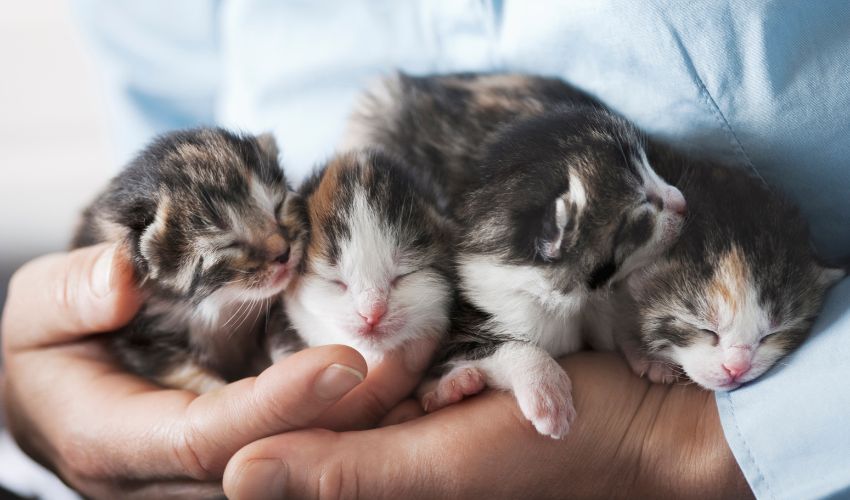Rose Seemann is on a mission — the same one being worked on by the non-profit she helped establish, Enviro Pet Waste Network.
“To make a kinder planet for people and pets by repurposing pet waste — and there’s a whole lot of it.”
Rose says 8-12% of residential waste is pet waste. In America alone, millions of households have at least one dog. You can imagine how much pet waste they create. Where do these mountains of waste go, and is something being done to reduce it?
The Problem That Nobody Wants To think About

The sad truth in the matter is that animal waste is an environmental issue that not everyone tends to think about.
“It’s under the radar. Nobody thinks about it. It’s right under your nose, and you surely don’t want to smell it.”
It’s an issue that people often overlook. Although, given the problems the world has with climate change, it’s pretty understandable why. Despite that, it remains a problem, and unless someone initiates a plan, it will stay that way — a problem that needs a solution.
Rose wanted to help with this particular environmental issue. The idea came to her in a park one day while she was eating her lunch and reading a book about Natural Capitalism. Now and then, her attention keeps getting captured by those around her.
The scenario kept repeating before her: Pet owner after pet owner came around, picked up after their pets, and threw the waste in the trash. Watching that made Rose wonder — where does all those animal poop go?
The only answer is landfills.
That got her thinking and interested. She started researching and talking to people who could help her. Eventually, she started dreaming about making a significant change and bigger impact, leading to her meeting Ruth Miller who helped her build EPWN.
Act Now For A Better Future

Enviro Pet Waste Network aims to support pet waste management and disposal methods to create a better and cleaner planet.
“The goal is education and helping people advocate for this.”
It is a non-profit organization that aspires to help make a more sustainable future by repurposing pet feces. When Rose first started, the idea was there, and the execution was almost flawless. What was left is to make people interested in the message they were trying to spread.
“We’re trying to explain to people that other people do it, and that is what our webinars are all about.”
Their network now consists of scientists, community organizers, entrepreneurs, and pet owners who all share the same vision as their organization. EPWN is not endorsing a service or product. Instead, they’re encouraging more communities to consider joining their mission.
Interested in what they have to say? You can check out Enviro Pet Waste Network’s official website to watch their webinars, learn about their projects, and become an advocate.


